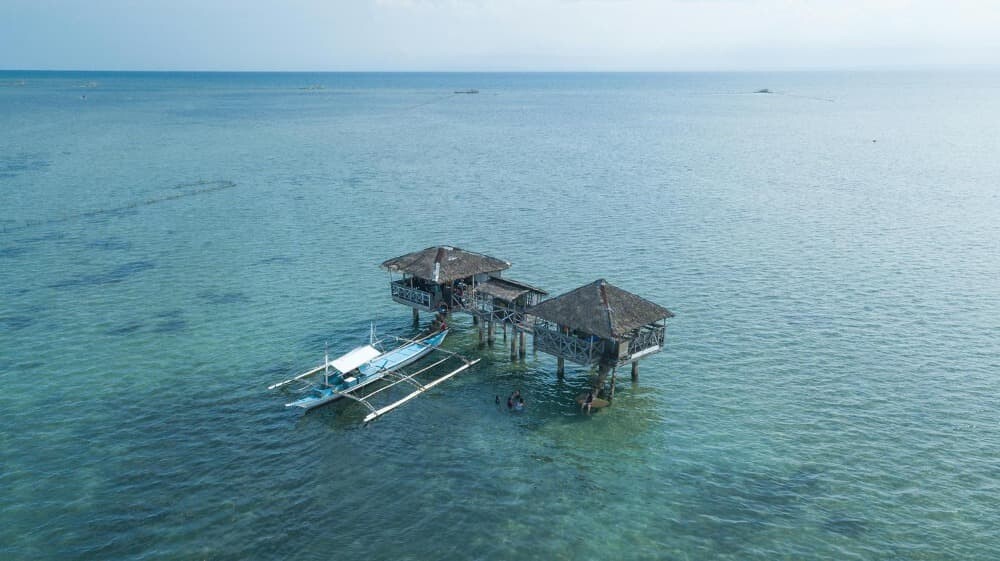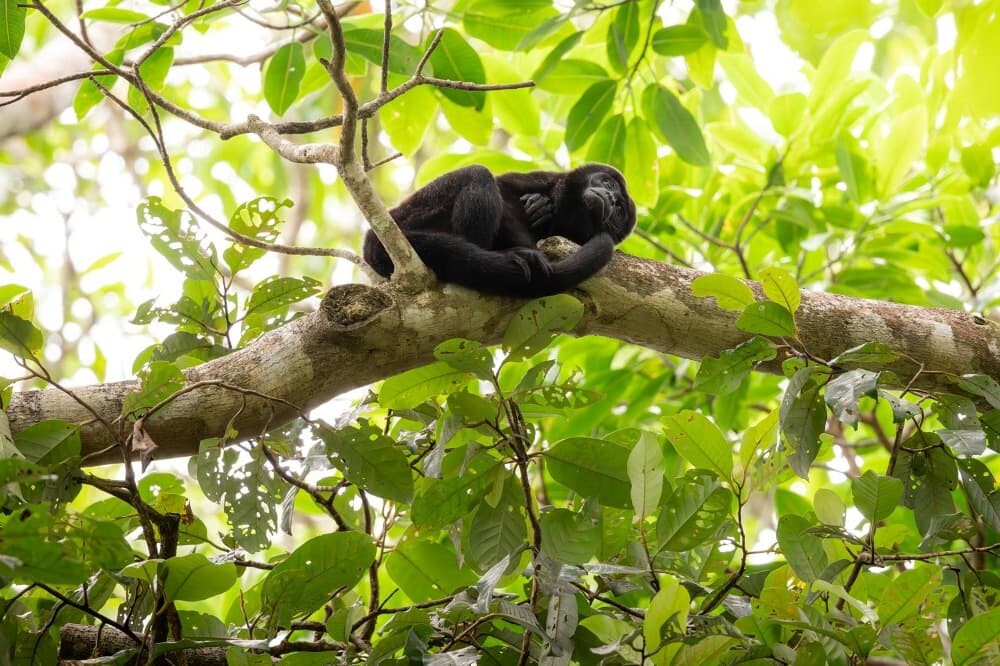Ecotourism and responsible travel are approaches to tourism that aim to minimize environmental impact, promote the conservation of natural resources, and enhance the well-being of local communities.
At Cooperating Volunteers, we work every day to make our volunteer experiences a conscious, responsible, and humane journey.
Today, we want to explain what this way of traveling entails.
Visiting other countries is an incredible experience, and when we immerse ourselves in other cultures and live with different customs, our perception of travel changes.
WHAT IS ECOTOURISM?

Ecotourism is tourism focused on visiting natural areas to enjoy, appreciate, and study their attractions (landscapes, wildlife, and flora) in a way that promotes conservation and minimizes the visitor’s impact.
Through conservation, we support the protection of biodiversity and ecosystems. Many of the projects on our website are focused on this. Providing information and training to participants about the natural environment is also essential to encourage communities to benefit while reducing the environmental footprint of tourism.
Some of the most popular activities include:
- Wildlife observation, including safaris, birdwatching, and visits to sanctuaries.
- Hiking and trekking routes through national parks, nature reserves, and protected areas.
- Tours of unique ecosystems, such as tropical rainforests, deserts, mountains, mangroves, and coral reefs.
- Water activities like diving, snorkeling, kayaking, and rafting in natural settings.
- Environmental volunteer experiences, participating in conservation and habitat rehabilitation projects.
Ecotourism has many local benefits as it helps conserve nature by financing the protection of natural areas and endangered species. It also generates income for local communities, promoting balanced and sustainable development. Additionally, it enhances our understanding and appreciation of the environment and local cultures, raising awareness about the importance of sustainability and conservation on a global scale.
Of course, there are challenges, and human impact is one of them. If ecotourism is not well-managed, it can have negative impacts, such as overtourism (the popularity of certain destinations can lead to the degradation of natural resources), finding the right balance between economic development and environmental conservation, or the risk of ecotourism losing its focus on sustainability due to commercial exploitation.

Nevertheless, it is a valuable alternative to traditional tourism, providing a way to travel that prioritizes, respects, and protects the environment and local cultures while offering enriching and educational experiences.
On the other hand, there is also responsible travel.
WHAT IS RESPONSIBLE TRAVEL?
Responsible travel is an approach to travel that seeks to be aware of the social, economic, and environmental impacts of tourism and take measures to maximize positive benefits and minimize negative ones.
This includes respecting different cultures and traditions, appreciating them, and especially learning from them. Supporting the local economy by buying and consuming local services. Additionally, reducing the use of natural resources, minimizing waste, and promoting sustainable practices. Most importantly, promoting the well-being and rights of local communities.
How can I be more conscious?
- Before traveling to any destination, we recommend learning about its rules and customs.
- Be responsible with the use of single-use plastics by using reusable bottles.
- Choose less polluting means of transport, such as bicycles or public transport.
- Select hotels or accommodations that implement sustainable practices.
- Participate in local activities that do not contribute to any form of exploitation.
It is important to be aware of all this to help in both the financing and conservation of these destinations. Generating employment and promoting local economic development.
Ecotourism and responsible travel are fundamental to the sustainable development of tourism, as they promote a harmonious relationship between travelers, local communities, and the natural environment.




